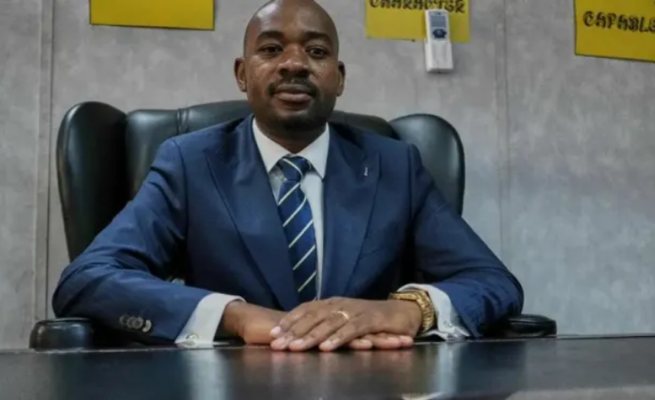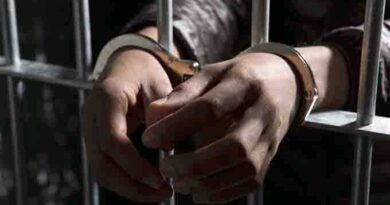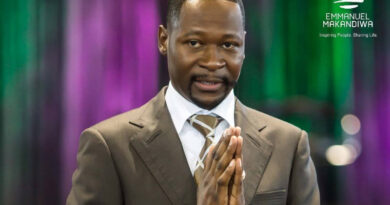Chin’ono Exposes Chamisa’ Alleged Ties with Powerful Military Figures, Warns of Unexpected Leadership
Hopewell Chin’ono, a veteran journalist known for his outspoken views, has made some striking claims against opposition leader Nelson Chamisa. Chin’ono alleges that if Chamisa had been inaugurated as president, his connections with Zimbabwe’s military leaders would have led to the country’s downfall. This assertion has stirred up controversy, especially as Chin’ono recently launched his own political movement called Govt In Exile, claiming that he now enjoys more public support than both Chamisa and current President Emmerson Mnangagwa.
Chin’ono’s bold statements first came to light in February of this year during an extensive address from the United Kingdom. On February 25, 2024, he participated in a six-hour online broadcast hosted by his colleague Gerald Belts, who is better known as “Uncle Ged.” Throughout this session, Chin’ono shared a series of explosive and at times contradictory remarks about the political landscape in Zimbabwe.
One of his more controversial claims was that Zimbabwe’s leading political figures—including Chamisa, the late Robert Mugabe, and Mnangagwa—have avoided accountability for their actions. Chin’ono’s criticism of these political leaders reflects a broader frustration with the state of governance in Zimbabwe.
In the broadcast, he dismissed demands for transparency regarding a GBP50,000 loan he received from a UK dealership in 1996, which he used to buy his first home. He referred to such demands as “nonsensical,” showing a defiance towards those questioning his financial dealings.
Chin’ono further argued that Chamisa’s rise in politics was not due to genuine support from the grassroots level but was instead backed by the military. He claimed that the military had advised the late Morgan Tsvangirai to choose Chamisa over Thokozani Khupe as a strategic move, suggesting that this decision was made behind closed doors without the knowledge of the public.
Additionally, Chin’ono refuted accusations that he had encouraged Vice President Constantino Chiwenga to take action against Chamisa and civil society groups. He labeled the audio recordings linking him to such claims as “fabrications,” insisting that he had no role in advising the Vice President on such matters.
Chin’ono’s comments have sparked significant debate regarding the connections between political leaders and the military in Zimbabwe. As he continues to voice his opinions, many are left to wonder about the implications of his statements for the future of Zimbabwean politics.
His claims reflect a growing sentiment among some Zimbabweans who are frustrated with the political elite and their alleged misuse of power. As Chin’ono asserts his own political movement, he appears to be positioning himself as a key player in the ongoing struggle for political change in the country.
As the political landscape evolves, the interactions and accusations among these leaders will likely shape the future of Zimbabwe. Chin’ono’s criticism of Chamisa and others could be seen as part of a larger narrative of accountability and reform that many citizens are calling for. With increasing public interest in these issues, the dynamics of power in Zimbabwe remain complex and contentious. The discussions surrounding Chin’ono’s claims may lead to further scrutiny of political relationships within the country, highlighting the need for transparency and genuine democratic practices.




